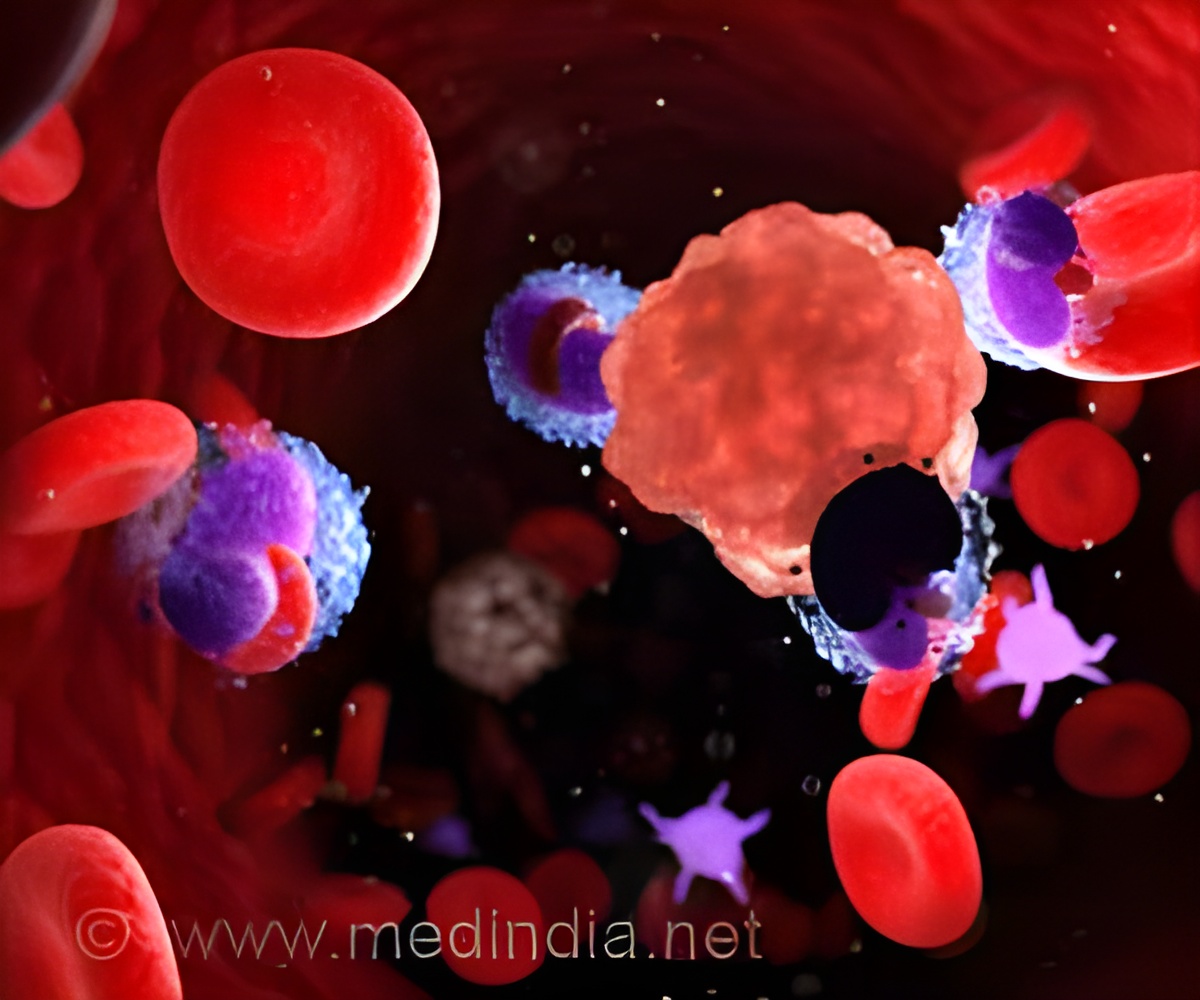Due to a genetic variation, approximately 4% of the population naturally lack the activation receptor NKG2C, which may result in severe COVID-19.

‘NK cell response should be the target for drugs that could help prevent severe COVID-19 disease.’
Read More..




Normally, the antiviral immune response of natural killer cells (NK cells) is an important step in combating viral replication in the early phase of the infection.Read More..
A research group from the Center for Virology at the Medical University of Vienna, led by Elisabeth Puchhammer-Stöckl, has now shown, in collaboration with doctors from Klinik Favoriten, that people with a partial or total absence of the NKG2C receptor are most likely to develop severe COVID-19.
In their study, which was recently published in the journal Genetics in Medicine, the authors showed that people who required hospitalization with COVID-19 were significantly more likely to exhibit the genetic variation underlying the lack of the receptor than people who only experienced mild disease.
Puchhammer-Stöckl explains: "Absence of the receptor was particularly prevalent in COVID-19 patients being treated in intensive care units, irrespective of age or gender. Genetic variations on the HLA-E of the infected cell were also associated with disease severity, albeit to a lesser extent."
The current study therefore shows the major importance of NK-cell response in the battle against SARS-CoV-2 infection: "This part of the immune response could therefore also represent an important target for drugs that could help to prevent severe COVID-19 disease," explains the MedUni Vienna expert.
Advertisement
Source-Eurekalert











